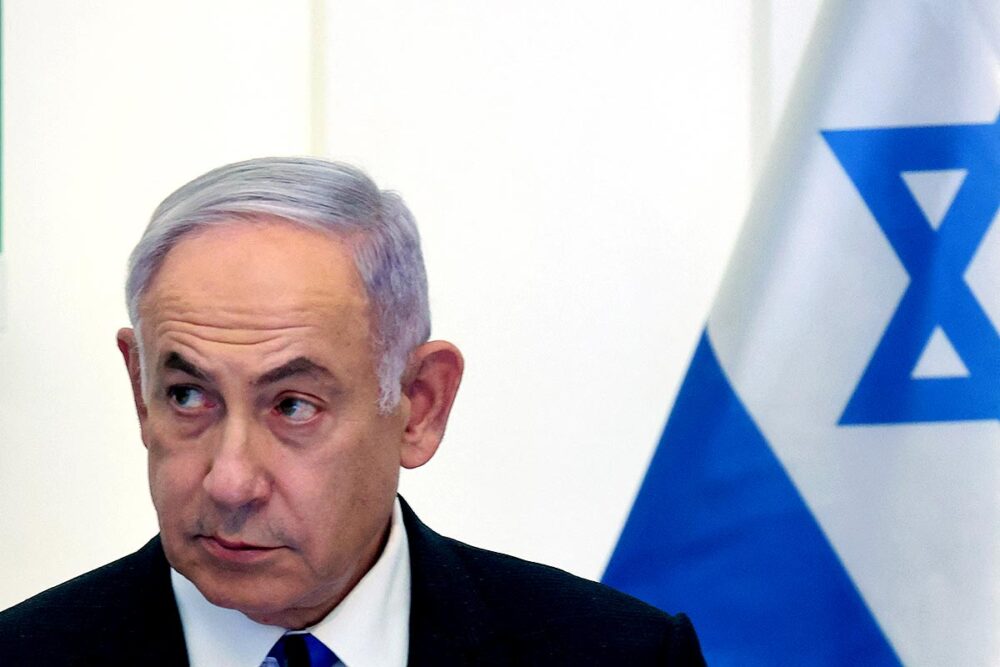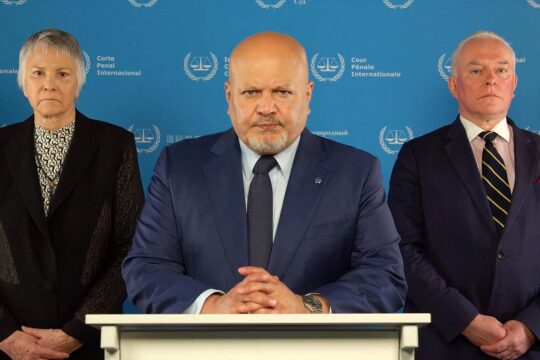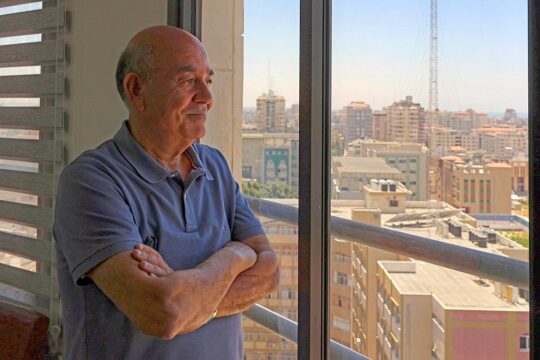What does complementarity between states and the International Criminal Court (ICC) actually means? What’s the test applied by the court? How did it evolve over the years? Do previous examples help understand the situation in Israel and Palestine?
Kevin Jon Heller, an adviser to the ICC prosecutor Karim Khan, tries to debunk the complementarity principle that officially allows the ICC only to intervene if the state is unable or unwilling to investigate or prosecute. “Is the state actively investigating or prosecuting the same suspect and the same conduct?” That is the key question, he says. “You have to show concrete and progressive steps towards an investigation.” If the state can’t show it, it cannot successfully claim complementarity. None of the rest is relevant, he assures. “It is a very formal, technical test,” he says.
The United Kingdom recently filed an “amicus” brief to the ICC in the Palestine situation. It wants to argue that because the Palestinian Liberation Organisation (PLO) signed up to the Oslo accords setting up the Palestinian authorities it agreed it had no jurisdiction over Israeli citizens. And it is suggesting that because of that it cannot transfer that jurisdiction to the ICC. Leila Sadat, advisor to the former ICC prosecutor on crimes against humanity and now professor of international criminal law at Washington University in Saint-Louis, Missouri, US, has a straightforward way of looking at the UK initiative. “It’s completely wrong,” she explains, and just “another way to delay the proceedings because the UK doesn’t like it.” But should we expect an avalanche of filings by states on the Palestine situation?
If you like legal intricacies and how a single word can become a permanent fight over interpretation, and why it may make a big difference, this podcast by our partners at Asymmetrical Haircuts is for you.
 ASYMMETRICAL HAIRCUTS
ASYMMETRICAL HAIRCUTS
This podcast has been published as part of a partnership between JusticeInfo.net and Asymmetrical Haircuts, a podcast on international justice produced from The Hague by journalists Janet Anderson and Stephanie van den Berg, who retain full control and independence over the contents of the podcast.







